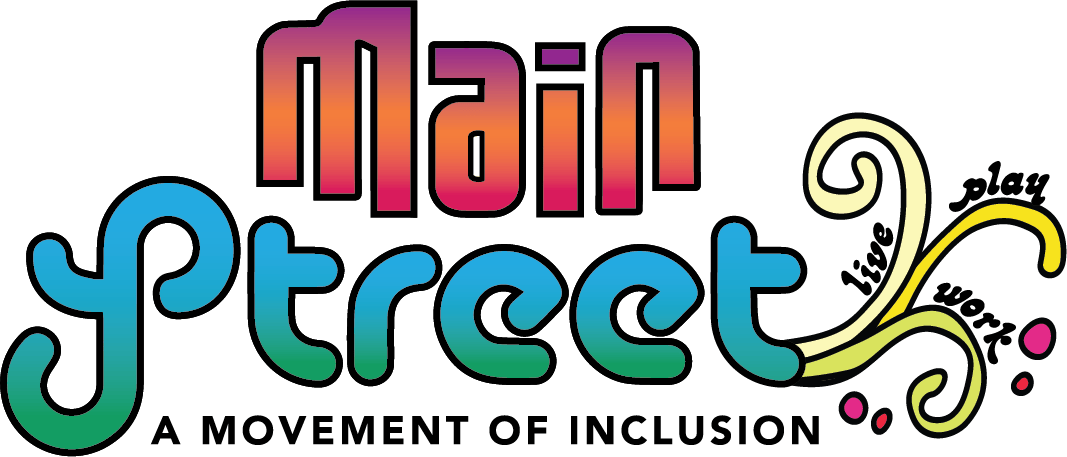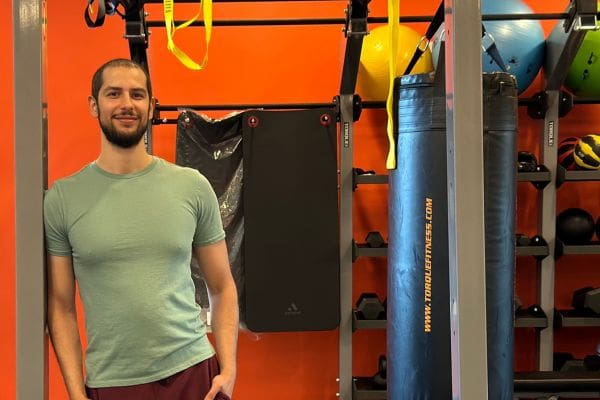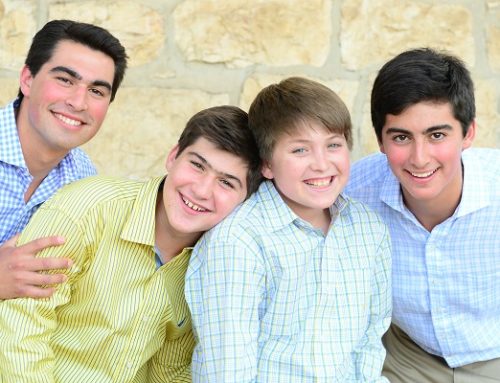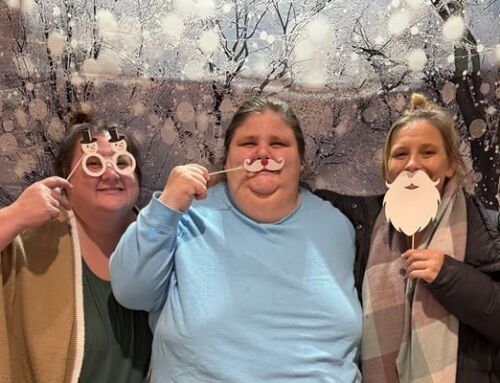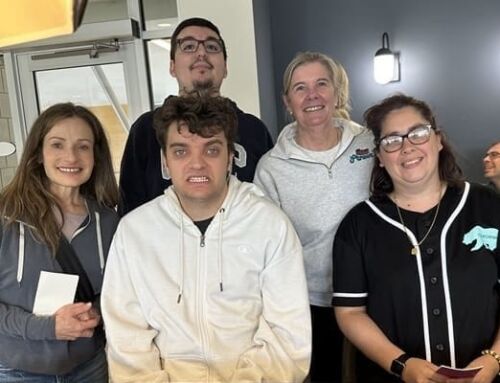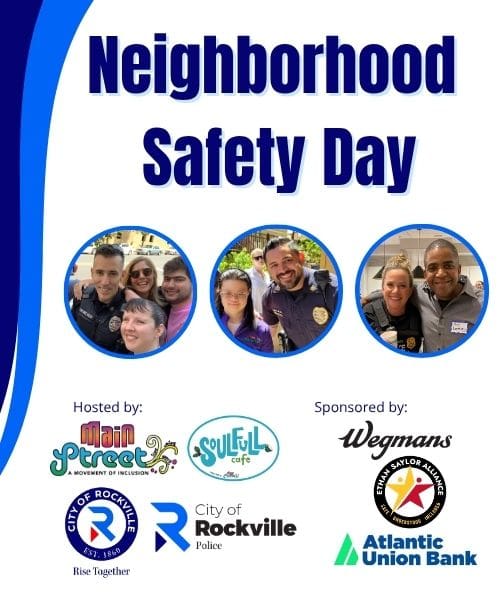The young man in the wheelchair couldn’t speak. His body was nearly still, though he could wiggle two of his fingers. But what struck Zaid Alfa the most, the thing that’s always stayed with him, was the emotion in the man’s eyes. “It’s like he was just looking into your soul,” Zaid says.
It was 2019, and the young man’s mother had brought him to Spirit Club in Kensington for a session with Zaid. The woman told Zaid that some kind of insect or tick bite had left her son with such severe neurological damage that he was barely able to move, but he could understand everything they were saying. “She explained how he used to be an athlete—he was on the football team,” says Zaid, now 30, who is a fitness instructor and professional member at Main Street. “She looked at me and said: ‘He was just like you.’ ”
At the time, Zaid was working as a personal trainer after graduating from Towson University with a degree in psychology. As a child growing up in Baghdad, later fleeing to Jordan with his family, he’d hoped to become a doctor like his father. But after moving to the U.S. in 2007, culture shock set in, and he had started noticing problems with his own health—low energy, brain fog and headaches, poor posture, things he hadn’t paid attention to before. He’d put aside thoughts of medical school and decided to focus on helping others heal their bodies through mindset and lifestyle changes. “I got really into motivating people,” he says.
That day, Zaid could feel himself fighting back tears. Oh my god, he thought, this just happened to him, out of the blue. He remembered how mad he got when he broke his foot in sixth grade and couldn’t walk for a month, and how that seemed like such a big deal, but it really wasn’t. This guy was using all of his strength just to grip something, and he was smiling. Zaid wasn’t planning to work with adults with disabilities—that happened by accident—but he was starting to think that’s what he was meant to do, a realization that helped set him on the path to Main Street.
***
On an early September morning, Elias is doing single leg squats in the Main Street fitness center, trying to maintain his balance. “Keep your core nice and tight,” Zaid tells him. “Five more, you got it. Really good, Elias. I know you’re feeling it, come on!” It’s not an easy exercise, but Elias, a Special Olympics athlete, does more reps than he was expecting. The two of them bump fists.
“Crushed it, dude,” Zaid says.
Zaid’s been working with Elias for more than two years, both as personal support staff and in the gym, and Elias participates in his trainer’s popular Tuesday workout class, Alfa Sweat with Zaid. “He helps me—rather than me always asking my parents for help—when I’ve had some problems or been in some tough positions, or when I get in jams,” says Elias, a Main Street resident and member. “I know, decisions I try to make myself…but there are some times I just don’t know what to do.”
“Any time we’re really struggling, if we go for a walk or just get our blood flowing for a few minutes, then our conversations flow so much easier,” Zaid adds, “and whatever was causing stress before just doesn’t have that same pull.”
Now a corrective exercise specialist, Zaid trains several Main Street members—he sees clients with and without disabilities—and says he’s often inspired by their perseverance. One member, who suffered a stroke as a baby, had muscle atrophy on one side of his body and didn’t feel comfortable doing things with his right hand. “He would add on weights to his exercises, and he went from almost not using his right arm at all to using both arms to pull bands,” says Zaid, who runs his own wellness company, Fit Alfa. “He was always open to trying something, and once we found something that he was able to do, he would go in like a thousand percent.”
He likes to challenge his clients at Main Street, especially when they’re tired or they ask about stopping early. “I know you’re having a rough day, but we’re doing our workout,” he’ll say. “We’ve done this before, and I know you can do it. Does that sound good to you?”
Life can change in an instant, he says, as he learned from the young man in the wheelchair. So it’s all about building people up. Helping them recognize their own abilities and push through the tough moments. “Almost every single time, after they do the warmup or something they didn’t want to do, there’s a smile on their face,” Zaid says. “I’m like, dude, you did it. This thing that felt really hard for you, where you felt like you had to stop? You just did it.”
